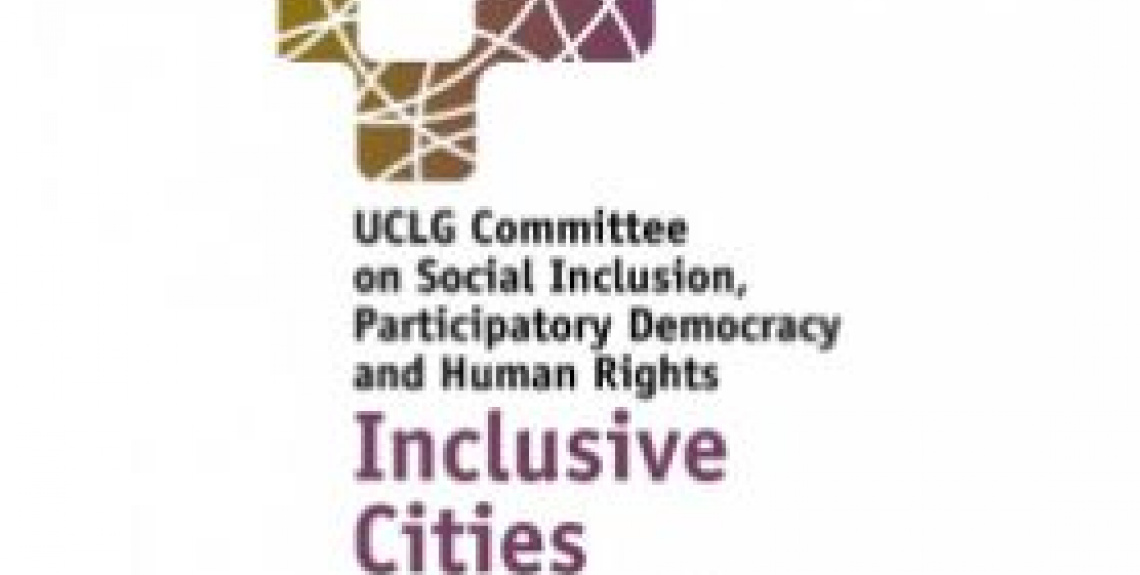The “Sufficiency Economy Philosophy” (SEP) is a development approach based on Buddhism creating sustainable development through the integration of the physical, social and spiritual dimension. It is based on three principles:
1. moderation is needed for sufficient protection from internal and external shocks through planning and implementation;
2. reasonableness is the application of knowledge through wisdom and prudence;
3. self-immunity strengthens the community in order to deal with negative impacts of external events (globalization). The practice concerns the application of SEP to a village community (since 1978) through a rice mill, a cattle bank, a new approach to agriculture, organic farming, a co-operative, horticulture and the maintenance of spiritual places.
These activities are conditioned by the zoning of space in subsistence-, environmental- and spiritual areas.
Objectives
The purpose of SEP is to create self-reliance for the villagers to survive in rural areas by integrating the dimension of physical development, social development and spiritual development. Self-reliance is obtained by reducing expenses related to travel and to the purchase of expensive fertilizer, and the creation of sources of income based on local production. It is also obtained through the sustainable use of the environment involving agricultural practices and the zoning of land.
Finally, self-reliance involves the creation and maintenance of a system for exchanging knowledge based on regular visits to a Buddhist temple. In this respect, the temple also functions as a demonstration area for the main principles of SEP in agriculture.
Beneficiaries
Beneficiaries are the village population, but also involve a network of surrounding villages. The co-operative based at Non sila leng village thus currently has 2135 members.
Through the production of the rice mill, agricultural production also reaches a national and international market. Emphasis is placed on the collective management of the production process and on an ethic of sharing and compassion. Participation is rooted in the collective management of the co-operative, the rice mill and the cattle bank.
The model for participation clearly comes from the way the Buddhist temple is run. Here individuals periodically engage in collective endeavours in order to live and demonstrate the principles of SEP. The leader and the villagers engage in a horizontal relationship rather than a hierarchical one.
Institucionalization
SEP has been institutionalized through setting up the village co-operative and a rice mill. These institutions are recognized by the formal economy and by the local administration. The monk responsible for the introduction of SEP created a foundation with the support of the King of Thailand. More broadly, different national governments have instrumentalized SEP for political purposes, creating a contrast with the grassroots dynamic under study.
Globally, SEP is a practice supporting the financial and productive autonomy of the village community, while developing an environmentally sustainable economy and including all members of the community in the production and management process. In this respect, the Buddhist principle of compassion and respect for people and the environment provides an ethical foundation. Household expenses are kept low and savings can be made through the wholesale distribution of rice at the rice mill. The latter reduces the chain of intermediaries who manipulate prices and quantities to the disadvantage of local communities.
The cattle bank, with its system of lending cows for traction and fertilization, has proven a big success and has started to spread as a model throughout the region. The same applies more generally to the work of the agricultural co-operative, which provides farmers in the Northeast region with rice, seeds and organic fertilizer.
Generally speaking, SEP has proven to be a strong instrument of economic inclusion based on principles of community participation and the participatory transfer of knowledge.
Obstacles
The cooperation between the local administration office and the village community as represented by its spiritual leader the Buddhist monk has been subject to some friction, which is due to a confrontation between the secular-modernist approach of the administration and the spiritual emphasis of community development in the village.
Institutional intervention from the government seems to lack the spiritual sensibility which developing the practice has involved at the grassroots level. This is also proven by the way SEP has in the past been instrumentalized by military governments and has been used as a business model fit to cover-up practices of corruption.
These problems of SEP at the interface of the government, the administration and local communities also point at the conditions of the replicability of the practice. According to people at the local level, the transfer of SEP requires rethinking a spiritual model of community development in which economic, social and spiritual issues are closely interrelated.
For further information, see full case: Inclusive Cities Observatory
For other case studies: http://www.uclg-cisdp.org/en/observatory


